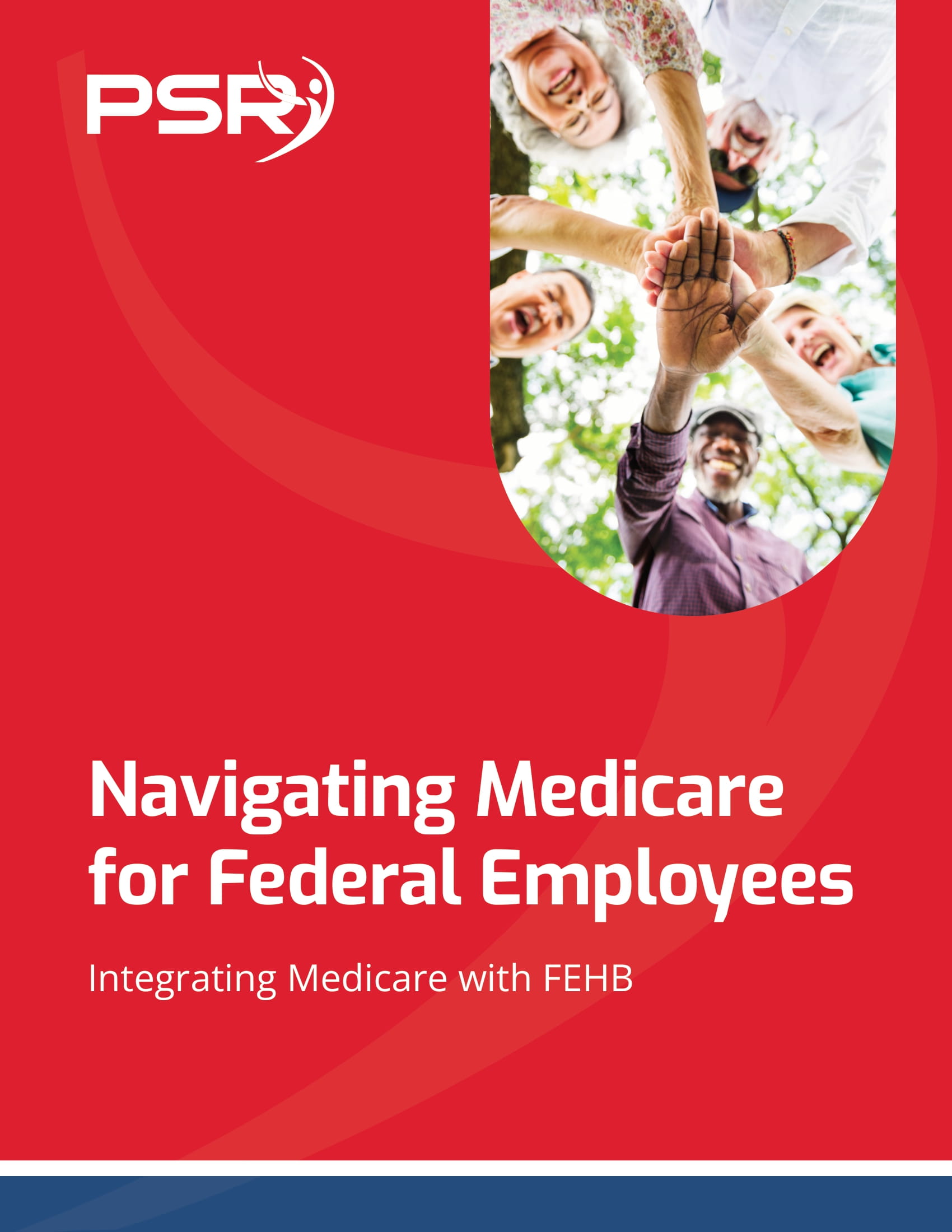Military Health Benefits: Understanding Healthcare Options for Service Members and Veterans
Military health benefits provide comprehensive healthcare coverage to active-duty personnel, retirees, veterans, and their families. The primary healthcare system for military personnel is TRICARE, which offers different coverage plans depending on a service member’s status—whether they are on active duty, retired, or transitioning out of the military. In addition to TRICARE, veterans may be eligible for healthcare through the VA (Veterans Affairs) healthcare system, offering various levels of coverage and benefits.
This guide provides an overview of military healthcare options, from active-duty coverage to veterans’ healthcare, and how these benefits compare to civilian health plans.
TRICARE: The Military's Primary Healthcare System
TRICARE is the primary health insurance system for military personnel, retirees, and their families. TRICARE offers several plan options depending on your duty status, location, and personal healthcare needs. Service members and their families receive comprehensive medical, dental, and vision coverage, ensuring they have access to the care they need.
TRICARE Plan Options:
- TRICARE Prime: A managed care option similar to an HMO. Active-duty service members are automatically enrolled in TRICARE Prime, and they receive healthcare through military treatment facilities or network providers.
- TRICARE Select: A preferred provider plan (PPO) that allows beneficiaries more flexibility in choosing healthcare providers with higher out-of-pocket costs than TRICARE Prime.
- TRICARE for Life: Available for military retirees who are eligible for Medicare, TRICARE for Life acts as secondary coverage to Medicare, covering the costs that Medicare does not.
Understanding the differences between TRICARE Prime vs. TRICARE Select can help service members and retirees choose the best plan for their family’s healthcare needs.
Health Benefits for Active Duty Military
Active-duty military personnel receive comprehensive healthcare coverage through TRICARE Prime, which ensures they can access military treatment facilities and a network of civilian providers when needed. Active-duty personnel typically do not have to pay out-of-pocket for most medical services, making it one of the most generous healthcare systems available.
Key Benefits for Active Duty:
- No Out-of-Pocket Costs: Active-duty service members pay no premiums or co-pays for their healthcare. All care is provided at military facilities or through TRICARE-authorized providers.
- Comprehensive Coverage: TRICARE covers preventive care, specialist visits, hospitalizations, prescription medications, and emergency services.
Health benefits for active-duty military personnel provide peace of mind, knowing that all their healthcare needs will be fully covered while they serve.
Military Retirement Health Benefits
Military retirees can access TRICARE after they leave active duty, which offers lifelong healthcare coverage. Depending on their age and eligibility for Medicare, they can choose from several TRICARE plans.
TRICARE for Retirees:
- TRICARE Prime: Retirees under the age of 65 can enroll in TRICARE Prime, with low premiums and minimal out-of-pocket costs for healthcare services.
- TRICARE Select: Retirees can opt for TRICARE Select, which provides more flexibility in choosing healthcare providers but comes with higher co-pays and deductibles.
- TRICARE for Life: Once retirees become eligible for Medicare, they can enroll in TRICARE for Life, which acts as secondary coverage to Medicare.
These military retirement health benefits ensure that military retirees and their families are covered for life, giving them access to quality care in both military and civilian healthcare systems.
Veterans Healthcare Benefits Through the VA
In addition to TRICARE, veterans may also be eligible for VA (Veterans Affairs) healthcare benefits. The VA provides medical services to veterans who meet specific eligibility criteria based on their service-connected disabilities, income, or other qualifying factors.
VA Healthcare Benefits:
- Comprehensive Care: VA healthcare provides medical, surgical, and mental health services, as well as specialized care for conditions related to military service.
- Priority Groups: Veterans are placed into priority groups based on factors like their service-connected disabilities, income, and other health-related conditions. This determines their access to VA facilities and any potential out-of-pocket costs.
- No Cost for Service-Connected Conditions: Veterans who have service-connected disabilities can receive treatment for those conditions at no cost through the VA healthcare system.
Understanding VA health benefits eligibility is essential for veterans seeking care after leaving the military, as the VA provides robust healthcare options for those who qualify.
Military Health Benefits for Families and Dependents
TRICARE also extends healthcare coverage to the families and dependents of active-duty service members, retirees, and some veterans. Depending on the service member’s plan, family members can receive medical care through TRICARE Prime or TRICARE Select.
Health Benefits for Military Families:
- TRICARE Prime: Family members can access care through military treatment facilities or network providers with minimal out-of-pocket costs.
- TRICARE Select: For families who want more flexibility, TRICARE Select allows dependents to see any provider but with higher co-pays and deductibles.
- TRICARE Young Adult: Children of service members may qualify for TRICARE Young Adult, which provides healthcare coverage up to age 26, similar to civilian healthcare plans under the Affordable Care Act (ACA).
Military healthcare for family members ensures that spouses and children of service members are also covered, providing peace of mind and financial security.
TRICARE vs. Civilian Health Benefits
- Cost: TRICARE plans generally have lower premiums and out-of-pocket costs than civilian healthcare plans, especially for active-duty service members and retirees under TRICARE Prime.
- Network Providers: TRICARE offers access to military treatment facilities and a network of civilian providers, providing a hybrid healthcare model that gives beneficiaries flexibility.
- Coverage: TRICARE covers a wide range of medical services, including preventative care, hospitalizations, surgeries, mental health services, and prescriptions.
Comparing TRICARE vs. civilian health benefits for military retirees and veterans helps them make informed decisions about their healthcare options.
TRICARE and Medicare for Retirees
Military retirees who become eligible for Medicare can enroll in TRICARE for Life, which acts as secondary coverage to Medicare. This provides retirees with excellent healthcare coverage, minimizing out-of-pocket costs for services that Medicare does not fully cover.
TRICARE for Life:
- Secondary Coverage: TRICARE for Life covers the costs that Medicare does not, including co-pays, deductibles, and other out-of-pocket expenses.
- Eligibility: To qualify for TRICARE for Life, retirees must be eligible for Medicare Part A and enrolled in Medicare Part B.
Understanding the integration between TRICARE and Medicare ensures that military retirees are fully covered and can manage their healthcare costs in retirement.
Healthcare Benefits for Veterans' Spouses and Dependents
In addition to providing healthcare for veterans, the VA and TRICARE systems also offer coverage for the spouses and dependents of veterans.
Key Benefits for Spouses and Dependents:
- CHAMPVA: The Civilian Health and Medical Program of the Department of Veterans Affairs (CHAMPVA) provides coverage for spouses and dependents of veterans who are not eligible for TRICARE. CHAMPVA covers a wide range of medical services, including hospitalizations, surgeries, and prescriptions.
- TRICARE Coverage: Retirees’ spouses and dependents continue to receive TRICARE benefits, with options to choose between TRICARE Prime, Select, or TRICARE for Life, depending on their age and eligibility.
These healthcare benefits for military spouses and dependents provide vital support to families, ensuring they have access to quality medical care throughout their lives.
Navigating Military Healthcare Benefits
Military healthcare benefits provide extensive coverage for service members, retirees, veterans, and their families, offering access to TRICARE and VA healthcare systems. Understanding the differences between plans, eligibility requirements, and costs is essential for making informed decisions about your healthcare coverage.
If you are unsure about your healthcare options under TRICARE or the VA, it is recommended to consult with a military healthcare advisor who can guide you through the process and help you maximize your benefits.
Search for Public Sector Retirement Expert.
Receive the Best advice.
PSR Experts can help you determine if Public Sector Retirement is right for you or if you should look for alternatives.
The Best Advice creates
the best results.
Search for Public Sector Retirement Expert.
Receive the Best advice.
PSR Experts can help you determine if Public Sector Retirement is right for you or if you should look for alternatives.
The Best Advice creates
the best results.
Recent Articles

Divorce and Your Federal Pension—What Happens When You Split Assets and How It Could Affect Your TSP
Key Takeaways Divorce can significantly impact your federal pension


The Best FEHB Plans for 2025: Which One Fits Your Lifestyle and Budget the Best?
Key Takeaways: Understanding your healthcare needs and budget is

Special Retirement Options for FAA and LEO Employees: Are You Taking Advantage of What’s Available?
Key Takeaways: FAA and LEO employees have exclusive retirement






